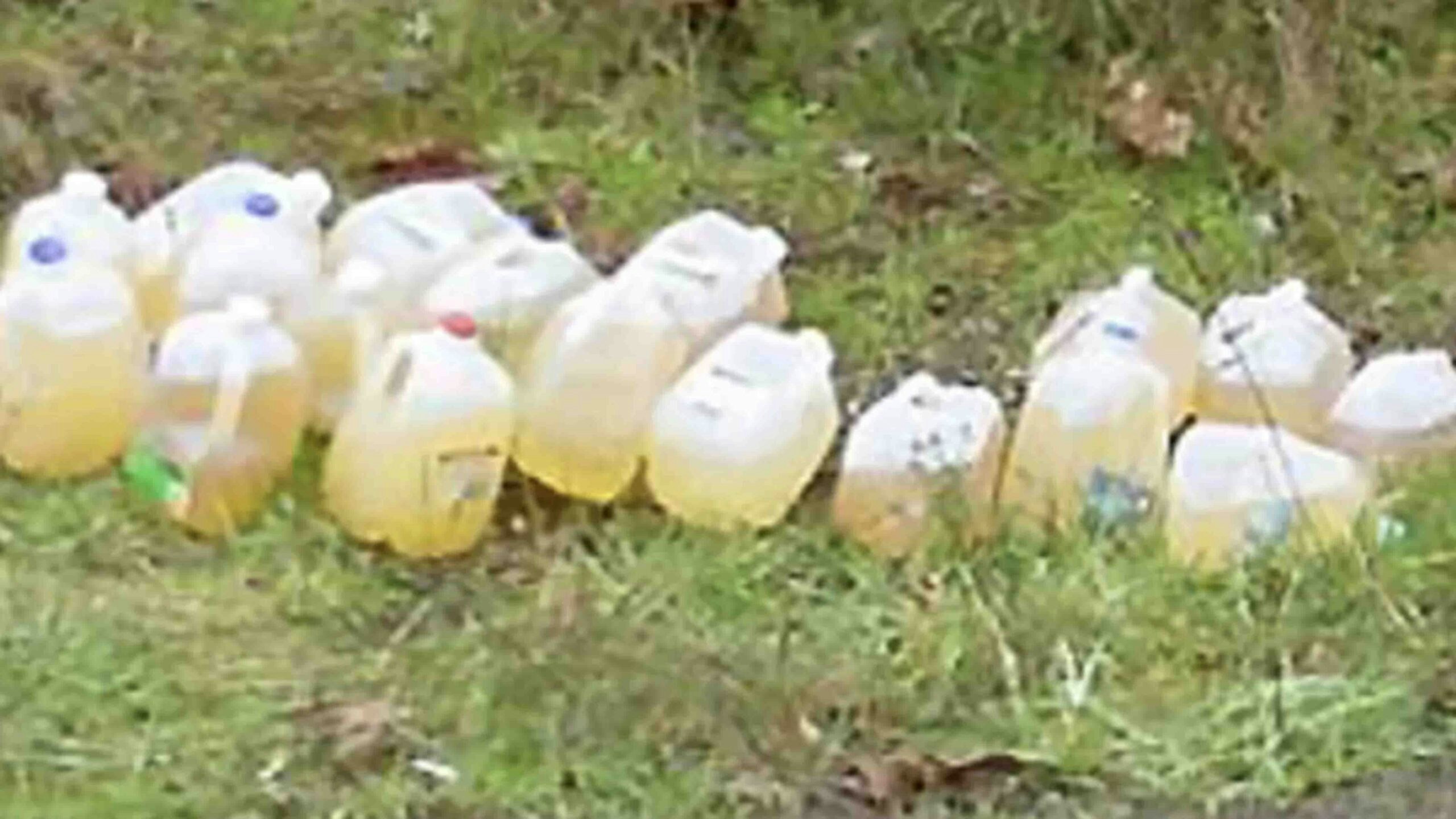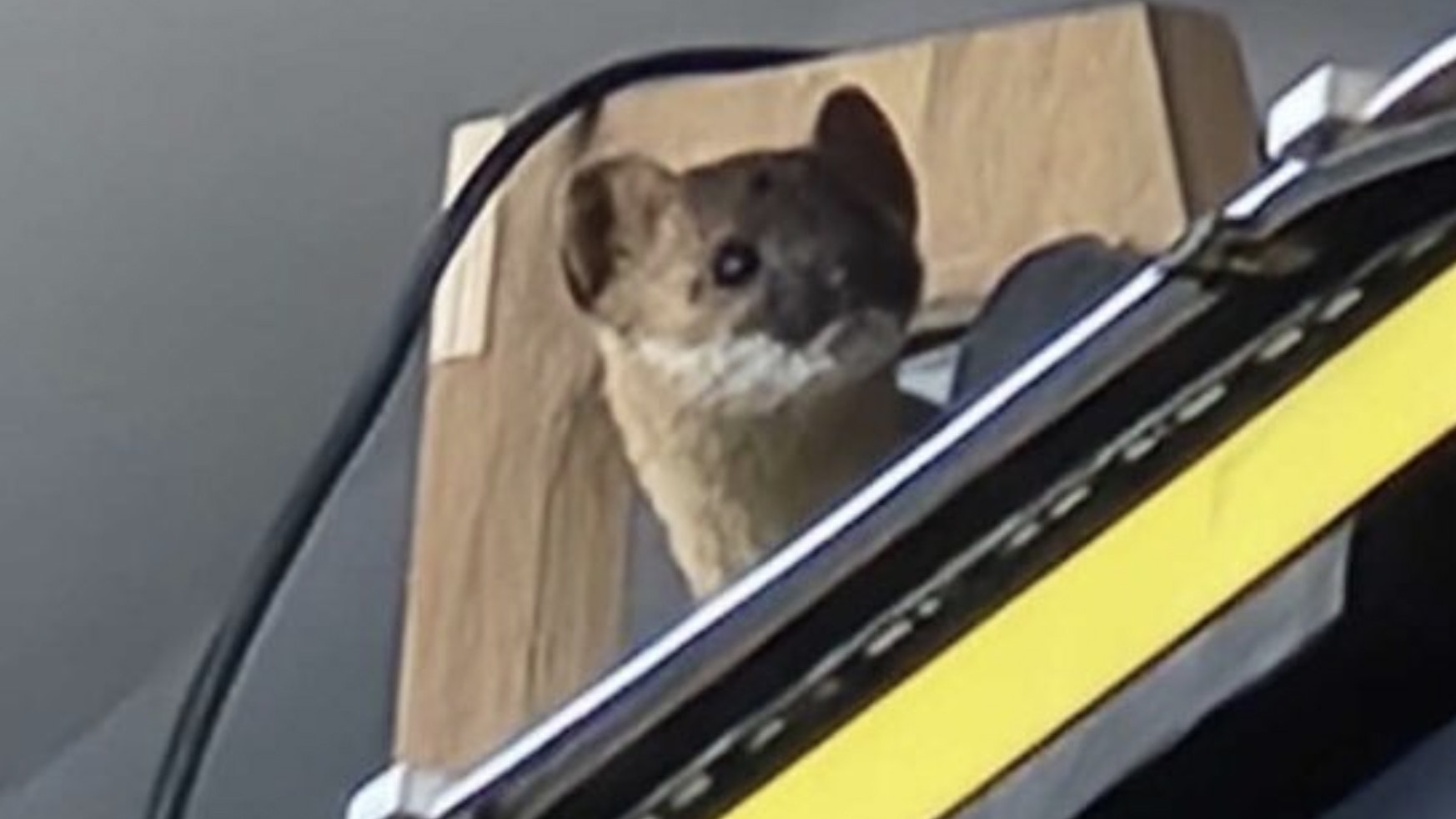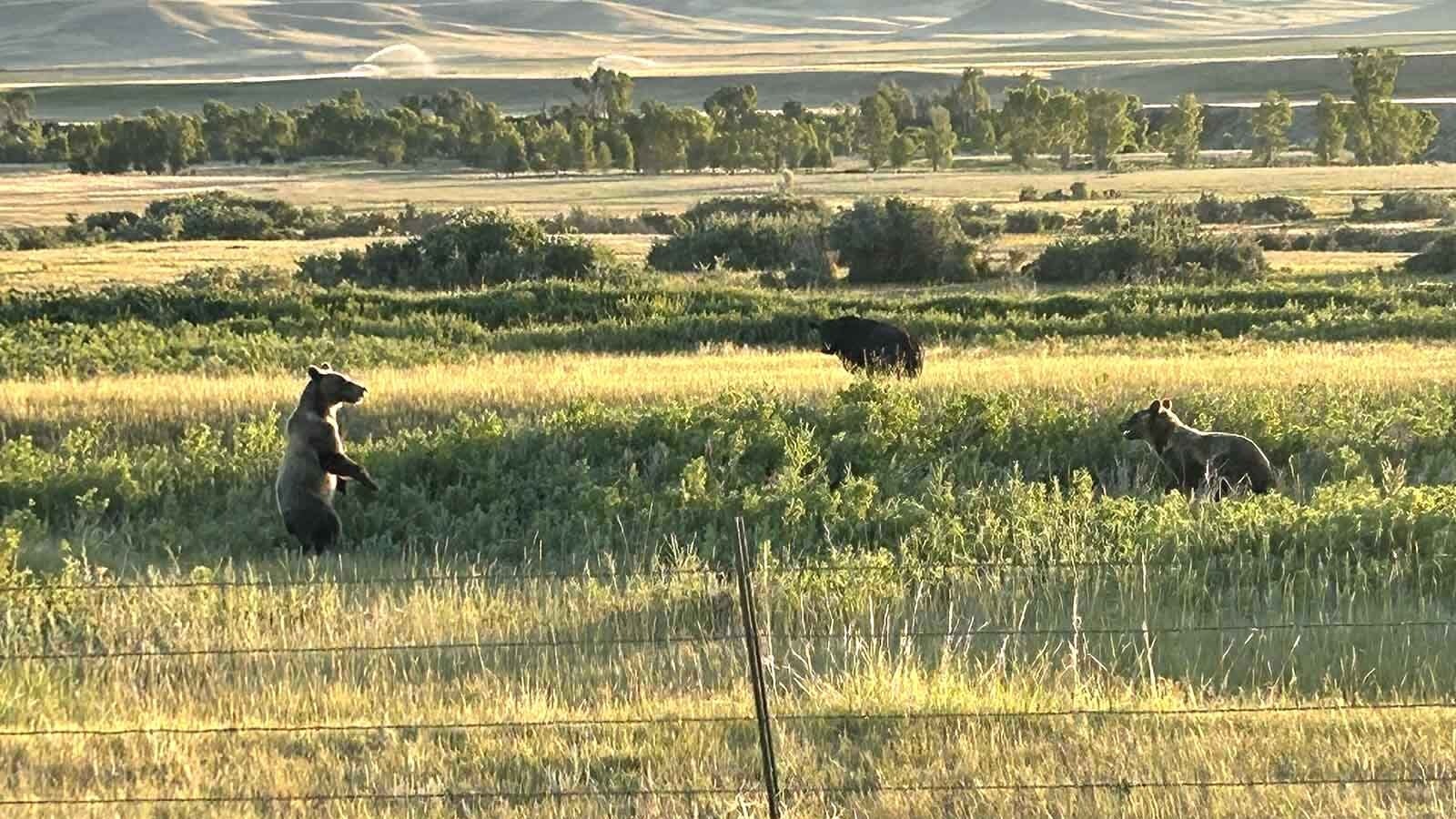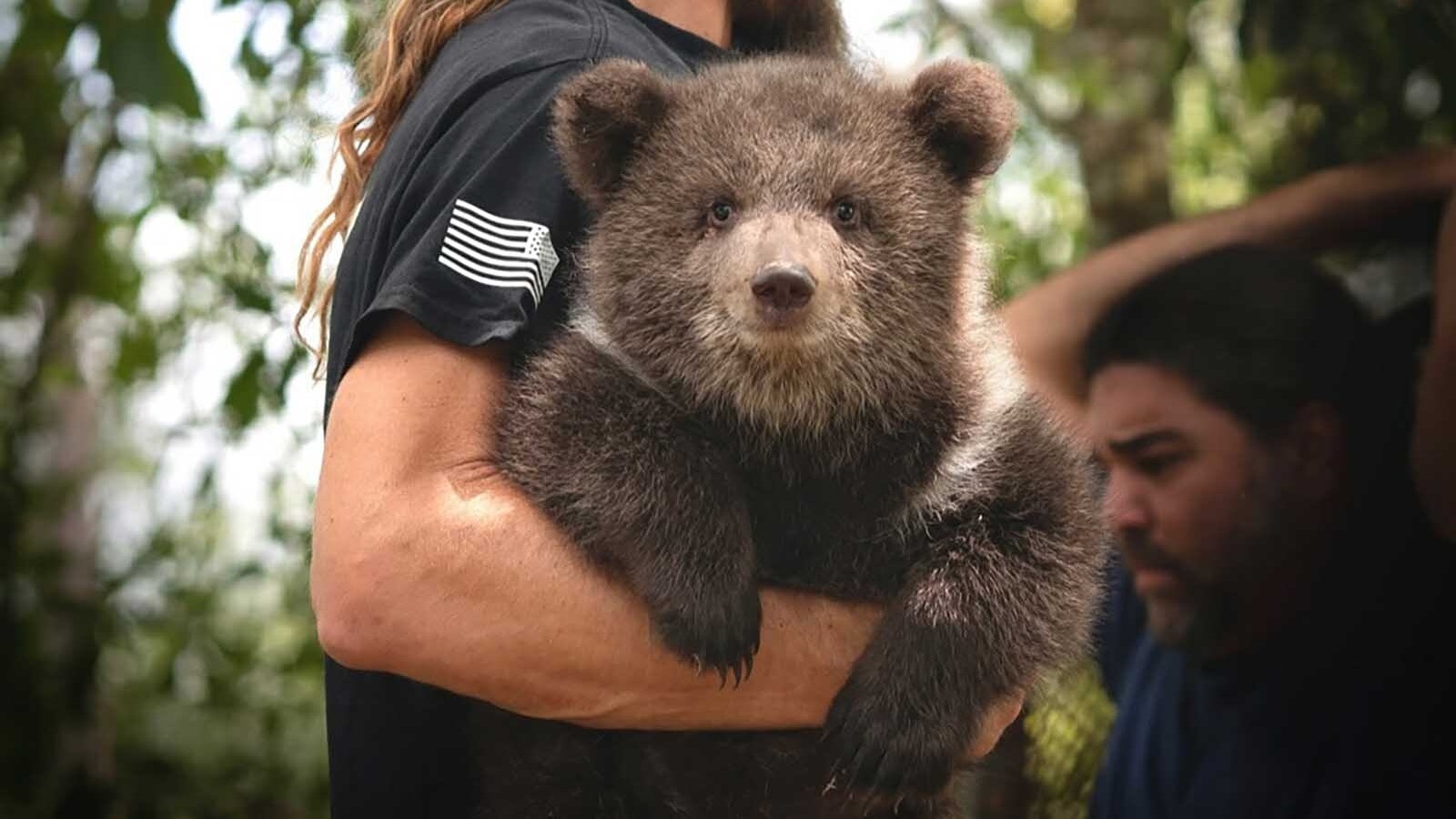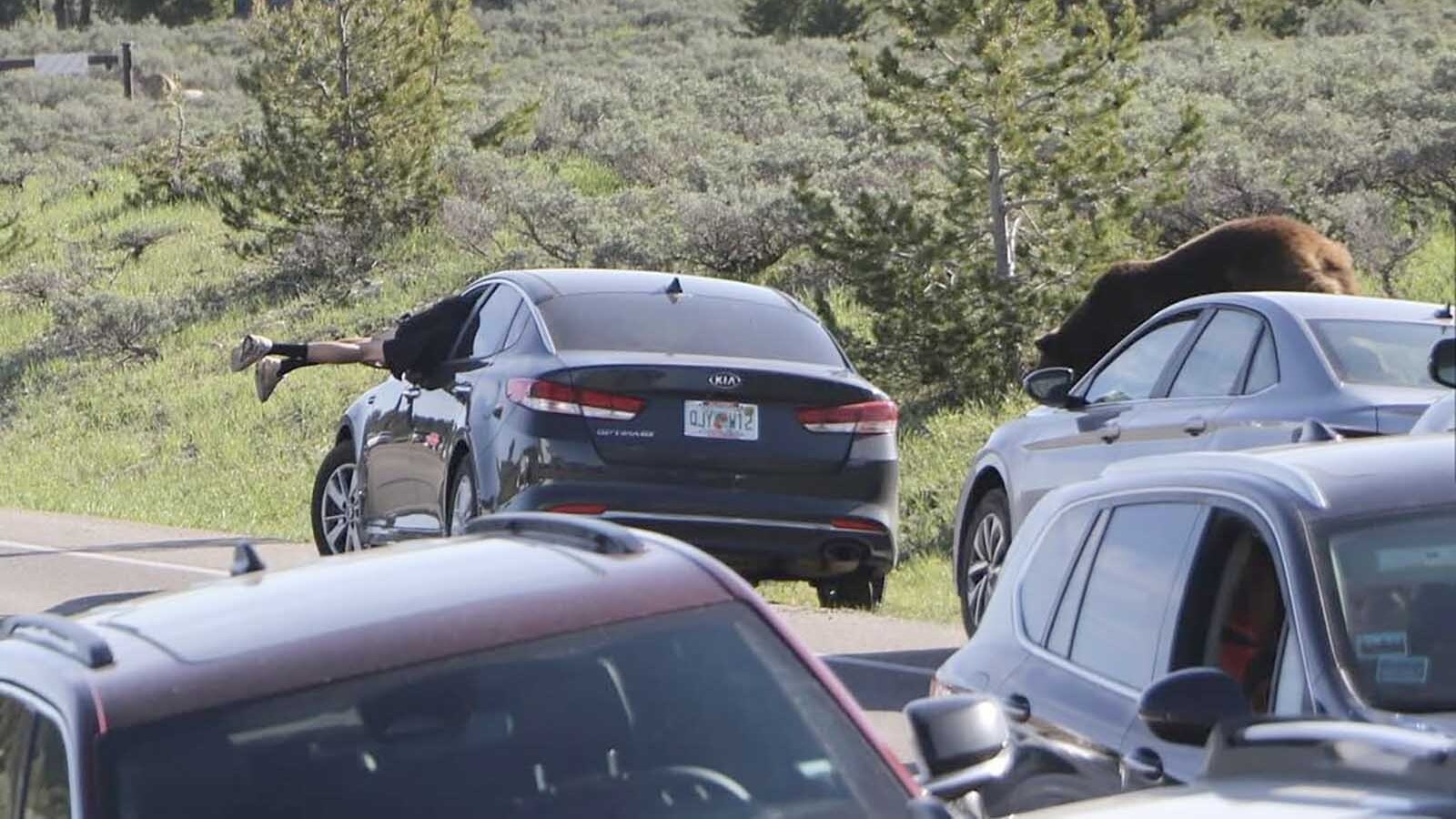They’ve been colloquially called “trucker bombs” – and drivers along, for instance, I-80 near Cheyenne – might have noticed some scattered about as the snow retreats between storms.
Plastic bottles, and sometimes even gallon jugs, filled with urine and tossed out of vehicle windows have been a persistent problem along highways in Wyoming and across the country.
One long-haul driver who frequently passes through Wyoming told Cowboy State Daily that while ranks of his profession might not be completely innocent, pinning all the blame on them for the rain of roadside grossness isn’t fair.
“It’s a fair mix (of those who do and don’t toss pee bottles),” said trucker Zayy Bullard of Florida. “I’m not going to sit here and defend the truck drivers who do. How do you live like that – with a gallon of pee in your truck?”
Leave The Pee To The Pros
There’s no way to quantify which Wyoming road might qualify as the “Ho ‘Pee’ Minh Trail”. The ebb and flow of used urine bottles, and other hideous surprises for clean-up crews, seems to match that of traffic, a spokesman for the Wyoming Department of Transportation (WYDOT) told Cowboy State Daily.
“The interstates are typically the worst” simply because they get the most traffic,” Cody Beers said. “Our guys find containers of pee, drug paraphernalia, dirty diapers, all sorts of horrible things.”
“Adopt a Highway” litter program volunteers are vital to keeping Wyoming’s roadsides clean, Beers said. Local groups can register with WYDOT to take responsibility for stretches of highway. In turn they’ll get a roadside sign emblazoned with their group or club’s name.
However, WYDOT asks volunteers to steer clear of human waste or any other potentially hazardous materials, and instead call the agency to send in professional clean-up crews, he said.
“Volunteers need to wear gloves, regardless,” Beers said. “And we tell them, ‘If you don’t feel safe picking something up, don’t pick it up.’”
‘Zero Tolerance’ For Irresponsible Whizzing
Bullard said he avoids using pee bottles out of principle, and because they’re unsanitary.
Most truckers don’t need to be told that, he said. But for those who do, the company he drives for, and many others, have a “zero tolerance” policy toward whizzing on the go.
“Many companies have been cracking down on that, because it’s so disgusting,” he said. “If they catch you, they will literally take all of your stuff out of the truck, put it on the ground and fire you on the spot. I’ve seen it happen.”
A truck is an expensive piece of company property, Bullard added. So, companies can’t tolerate drivers keeping whizz bottles in them, because there’s no guarantee those bottles won’t leak.
“If you’ve got pee bottles in a truck, that’s pretty much a lost truck,” he said.
Piss-Poor Excuses
Claiming to not have the time or the physical spryness to just hop out of the cab and go when there isn’t a better option is a piss-poor excuse, Bullard said.
Despite stereotypes to the contrary “truckers are fit people” because they frequently have to help load and unload their rigs at delivery points, he said.
“So, it’s not too much to ask to just get out and go find a bush or a tree,” he said.
As for himself, Bullard said, he tries to plan for leak breaks at rest stops or other suitable locations. But if nature’s call becomes too insistent, he said he’s picked out a strategic spot between his rig’s cab and trailer that’s perfect for emergency pit stops.
“I get out and pee there,” he said. “It gives me complete visual cover from any passing traffic.”
Wyoming Wind Ruins Everything, Again
Just as Beers noted, WYODOT public affairs officials Doug McGee and Jordon Achs said pee bombs can sometimes just be the tip of the rancid icebergs that WYDOT crews must deal with.
The agency has in the past tried placing dumpsters at strategic places along some of Wyoming’s roadways, but some people took advantage of them, McGee said.
“People from adjacent communities started using them for all sorts of things they didn’t want to bother hauling to the dump,” he said. “We started getting mattresses, used car batteries, tires and things like that in them.”
And to make matters worse, Wyoming’s trademark shrieking winds started flipping the dumpsters over in some places, he added.
Wind is the constant foe of clean-up crews, Achs said, spreading all sorts of roadside garbage far and wide.
And while this particularly harsh winter might have many longing for warmer days, there’s an edge of dread to it, she said. That’s because in places where the snow has really piled up, there’s no way of knowing how many pee bottles and other nuggets of nastiness lurk beneath.
“Spring is the worst of it (cleanup),” she said. “Because all of the stuff that’s been languishing through the winter starts poking through.”

